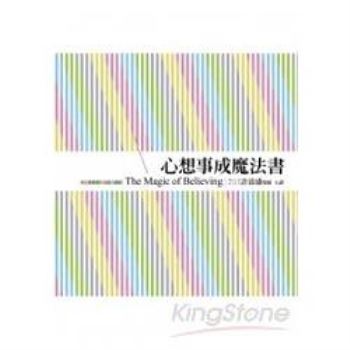Wheelwright, Kentucky was founded as a coal camp, a community built to serve the needs of the mining industry and intended to last only as long as the coal. Hundreds of communities such as this flourished in the Appalachian Mountains from the late nineteenth through the early twentieth century. In 1930, however, Inland Steel Company purchased the town from Elk Horn Coal Company and began a period of community development that ushered in an era that some today refer to as Camelot, a golden age when all one could want could be found within the confines of a two-mile long hollow in eastern Kentucky. Or so the story goes. Inland Steel sold the town to Island Creek Coal Company at the end of 1965, and the town imploded. The population declined by nearly 50 percent as people left, either to work for Inland Steel near Mount Vernon, Illinois, or to other mines in the area. Residents who had long been accustomed to working for, and renting from, a benevolent company now had to learn to manage without the paternalistic oversight that made their town into such a wondrous place to live. The new owners had no interest in maintaining the town as residents had become accustomed, and it would be many years before those who remained had the wherewithal to manage the town for themselves. Instead, they became tenants with a reluctant and neglectful landlord and watched as this once beautiful town became dirty and dilapidated. For those who lived in Wheelwright during its golden age, however, the magnetic pull of those memories was not to be denied. In 1989, many who had not lived in the town in decades came together to organize a reunion. That first year, over 500 people gathered in Lexington, Kentucky to commemorate what Ray Gibson dubbed as their Camelot. That reunion continues today, bringing together people from across the country in their annual celebration of a place that lives on in their memories. And when they no longer congregate, when those who remember those halcyon days of Wheelwright are no longer alive to celebrate their shared past, their Appalachian Camelot will die. This, then, is the story of the industry, the company, the town, and the people who keep alive the memory of this community.
| FindBook |
有 1 項符合
Reimagining Camelot: Wheelwright, Kentucky in Memory and Folklore的圖書 |
 |
Reimagining Camelot: Wheelwright, Kentucky in Memory and Folklore 作者:Perry 出版社:Createspace Independent Publishing Platform 出版日期:2014-07-28 語言:英文 規格:平裝 / 206頁 / 22.9 x 15.2 x 1.3 cm / 普通級 |
| 圖書館借閱 |
| 國家圖書館 | 全國圖書書目資訊網 | 國立公共資訊圖書館 | 電子書服務平台 | MetaCat 跨館整合查詢 |
| 臺北市立圖書館 | 新北市立圖書館 | 基隆市公共圖書館 | 桃園市立圖書館 | 新竹縣公共圖書館 |
| 苗栗縣立圖書館 | 臺中市立圖書館 | 彰化縣公共圖書館 | 南投縣文化局 | 雲林縣公共圖書館 |
| 嘉義縣圖書館 | 臺南市立圖書館 | 高雄市立圖書館 | 屏東縣公共圖書館 | 宜蘭縣公共圖書館 |
| 花蓮縣文化局 | 臺東縣文化處 |
|
|
圖書介紹 - 資料來源:博客來 評分:
圖書名稱:Reimagining Camelot: Wheelwright, Kentucky in Memory and Folklore
|










